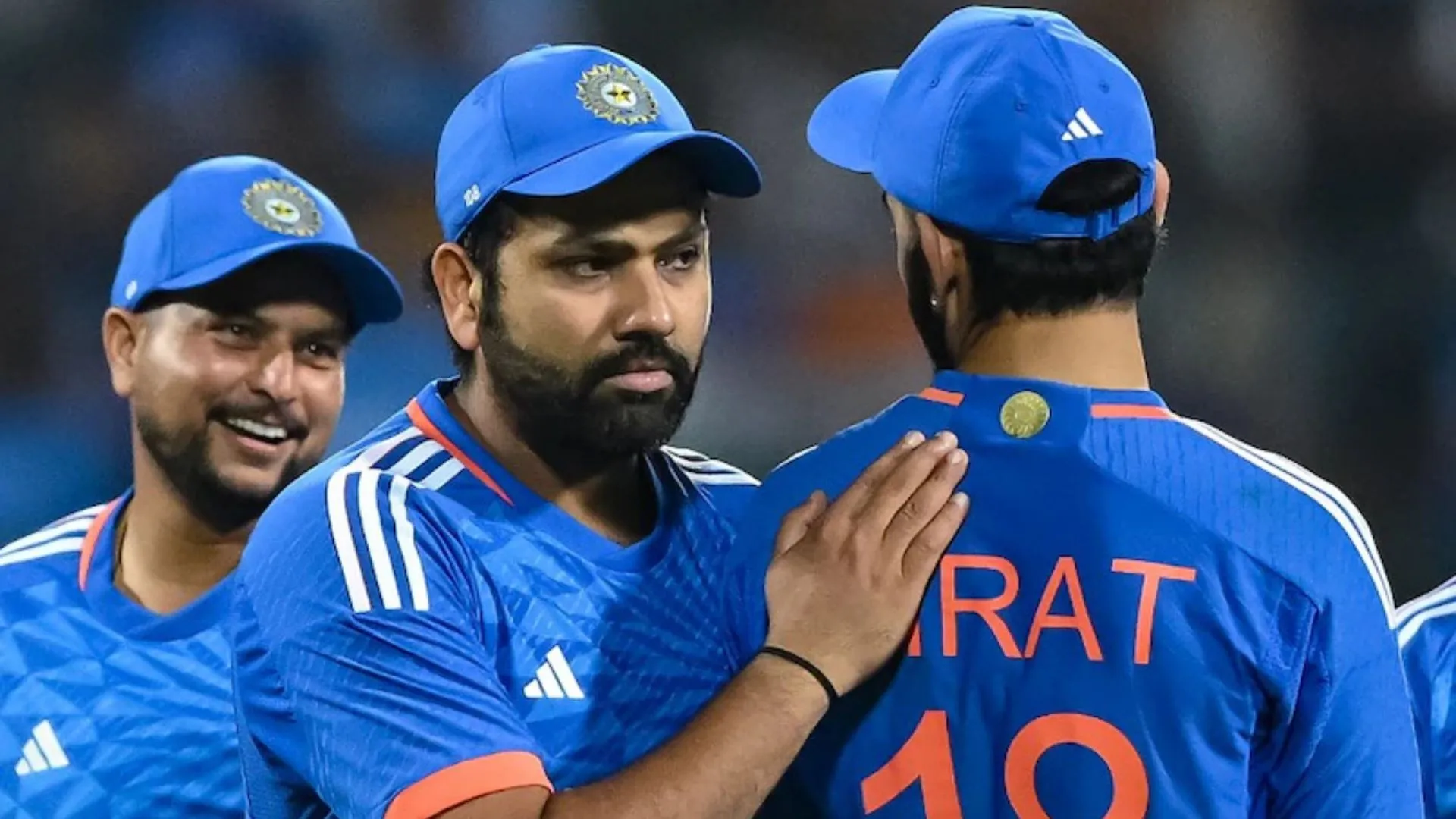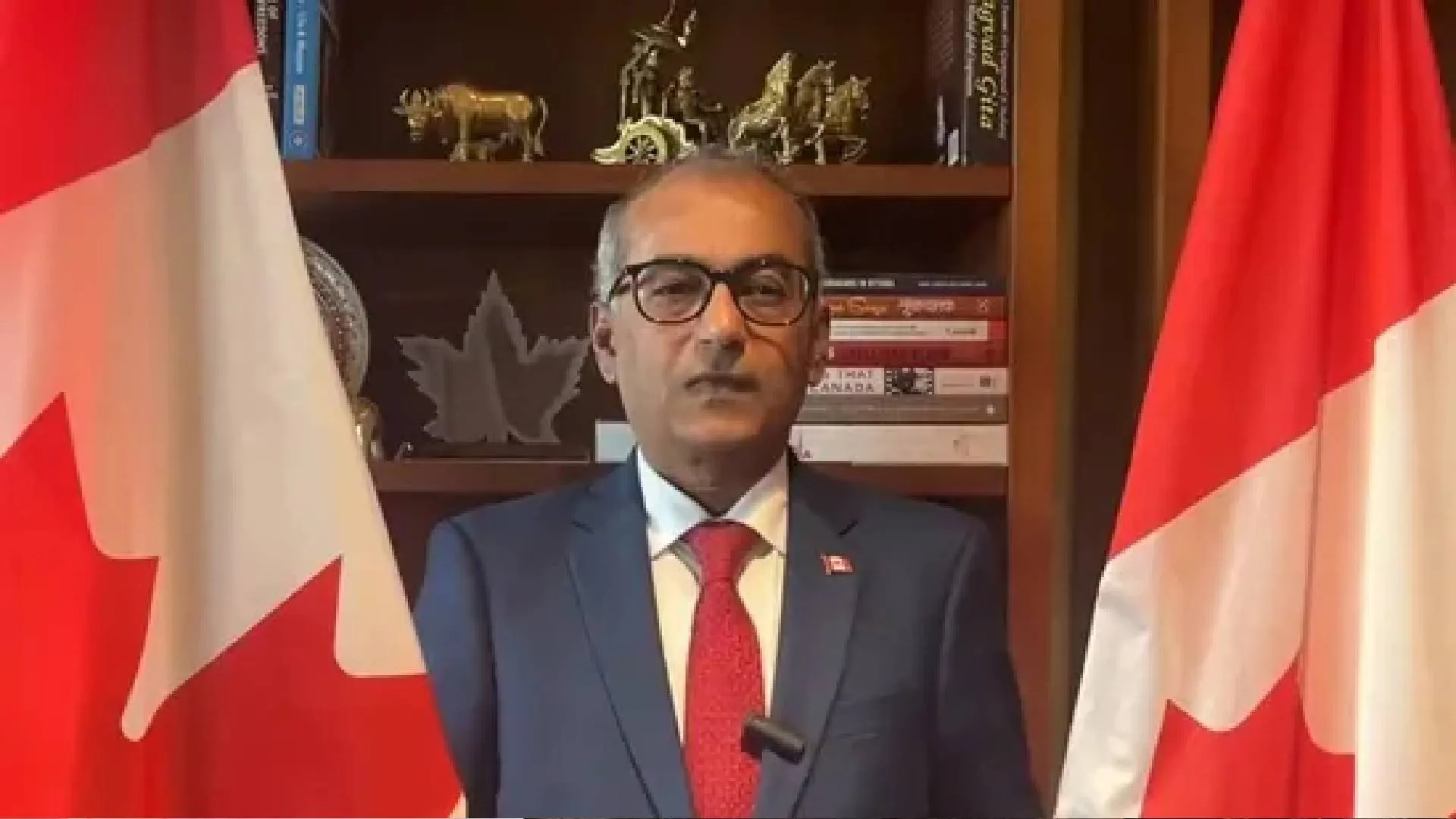The Supreme Court will hear on Monday a batch of petitions against Farmers’ (Empowerment and Protection) Agreement of Price Assurance and Farm Services Act, 2020. The petitioner sought a declaration of the provisions of the Agreement on Price and the Farm Services Act, along with the related notifications, as illegal, unconstitutional, and void.
Advocate M.L. Sharma, RJD MP Manoj Jha, Congress MP T.N. Prathapan and Tiruchi Siva had filed pleas against the farm bills. On 28 September, T.N. Prathapan had filed a petition in the Supreme Court against the Farmers’ (Empowerment and Protection) Agreement of Price Assurance and Farm Services Act, 2020. The petitioner said that he, being a farmer, was well versed with the difficulties being faced by the farmers due to various governmental policies.
He has alleged that this act is violative of Article 14 (right to equality), 15 (prohibition of discrimination) and 21 (right to life and liberty) of the Constitution. It is also violative of conditions discussed in Directive Principles of State Policy enshrined in Part IV of the Constitution of India wherein it is the duty of the state to ensure a decent standard of life to all workers. This act will open the doors to unchecked exploitations of the farmers.
The Section 2(e) which is the definition clause of the impugned act, a “farmer” means an individual engaged in the production of farming produce by self or by hired labour or otherwise, and includes the Farmer Producer Organisation. It does not identify the labour/tiller/ sharecropper working in the farm as a farmer, which is, in essence, discriminatory as it undermines their effort and further, it leaves out the rights of the labour/ sharecropper who is actually doing the hard labour to help produce/irrigate the farm, the plea added.























